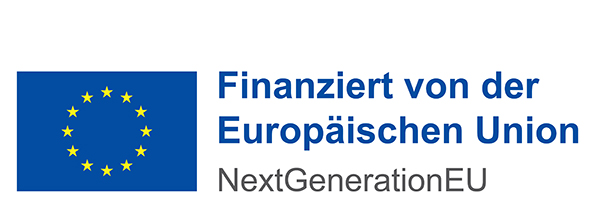Collections and Specialist Library
A relatively large collection of original documents created by the camp administration has survived from the Mauthausen concentration camp. Despite the destruction of these documents of mass murder ordered by the SS, numerous important sources were saved from destruction, primarily by the prisoners themselves.
After the liberation these documents were scattered across the world. Used as evidence in US military court trials, a large proportion of them ended up in the USA. Others were taken by survivors of the camp to their home countries and entered the holdings of national and regional archives, were given to survivor associations or landed in private collections.
The mission and aim of the department Collections of the Mauthausen Memorial is to bring these sources on the history of the camp, and others created only after liberation, together in one place, secure them, catalogue and systematise them, make them accessible to the public and available for the memorial museum’s own research projects.
The collections contain several collections. The "Schriftgut Collection" contains – mainly in the form of digital, microfilm or paper copies – a range of documents created by National Socialist central departments and the camp administration, as well as postwar documents, including court and investigation files concerning Mauthausen perpetrators, written testimonies by survivors, and documents on the history of memorial sites in Austria.
The core of the "Oral History Collection" is made up of over 800 interviews conducted with survivors around the world in 2002/03 as part of the "Mauthausen Survivors Documentation Project". In addition there are individual interviews carried out over the years and copies of interviews from large international collections, such as the USC Shoah Foundation and the Fortunoff Archive at Yale University. Interviews with eye-witnesses from the surrounding area and individual American liberators also form part of the collection.
The historical part of the "Photo Collection" comprises a smaller number of original negatives and prints and a larger number of historical motifs, whether in digital form or as secondary prints. Alongside this is the continuing photographic documentation of the ongoing development of the memorial site. The "Arts & Artifacts Collection" covers three-dimensional objects from or relating to the time the camp was operational, as well as contemporary and current art objects with a related theme. Finally, the "Specialist Library", available for use as a reference library, contains a constantly expanding collection of secondary literature that focuses on the history of Mauthausen and its subcamps, the history of National Socialism and international memorial cultures and politics.
An overview of the collections is given in the online central database: zadb.mauthausen-memorial.org (in German).
supported by

